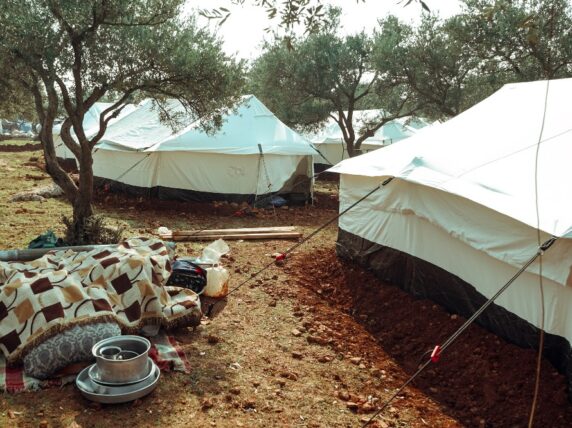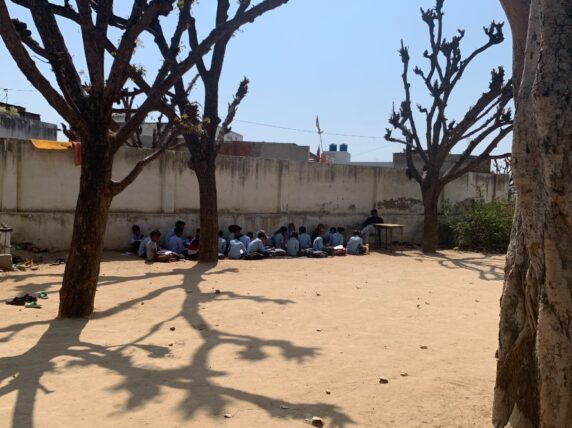Celebrating the NHS’s global nature and collaborating across borders
The NHS is synonymous with Britain, yet at least 13% of its workforce declare a nationality other than British. It has always been so.
During its first year of operating in 1949, the NHS launched a mass recruitment of health workers from the Caribbean. By 1962, over 10,000 medical students had been recruited from overseas. The NHS may be quintessentially British, but it is profoundly shaped by the contribution of overseas health workers – and by the governments who trained them.
The globalised nature of the NHS is celebrated in the APPG in Global Health’s recent report, The UK as a global centre for health and health science. It is also reflected in the patchwork of health partnerships that connect over 200 hospitals across the UK with counterparts in low and middle-income countries (LMICs).
International partnerships for global health
Long championed by THET and frequently supported by the Department for International Development (DFID), these partnerships are driven by the passion of NHS staff, including those from diaspora communities. These include NHS Trusts such as Kings in south London, also a Bond member. Kings staff distinguished themselves in responding to the Ebola crisis in Sierra Leone in 2014 and are now doing so again, stepping up to respond to the challenges of Covid-19 in Sierra Leone, the DRC and Somaliland.
Subscribe to our newsletter
Our weekly email newsletter, Network News, is an indispensable weekly digest of the latest updates on funding, jobs, resources, news and learning opportunities in the international development sector.
Get Network NewsTHET has been a partner to Kings in Somaliland for 20 years. An appeal for Personal Protection Equipment from our colleagues there first highlighted the impact of coronavirus on health workers in LMICs. That appeal became the basis of our Health Worker Action Fund, which launched in April.
The fund is designed to meet the physical and mental health needs of frontline health workers across the world. Modest financial support is being accompanied by the sharing of expertise between peers in the UK and their counterparts overseas. Travel may not be possible, but the strong ties of trust, collegiality and professional respect built over many years of partnership are alive and well.
Supporting and learning across borders
Embracing online technology is one of the very few positives in this pandemic, but one which is potentially transformative for THET and our sector. We explored the challenge of supporting health workers across borders in an online conference, Partnerships in a time of Covid-19, together with colleagues from the World Health Organization. We pulled this together in just two weeks, hosting 25 speakers from three continents and attracting 750 registrations from 54 countries.
There are other positive ways in which this pandemic is shaping our organisation. It reminds us, for example, that organisational leadership is not the preserve of senior management teams in London. We always knew this, but the complexities of lockdown in diverse settings have challenged us to listen to our overseas colleagues even more urgently than before.
There is one further positive trend which I think Covid-19 encourages us to embrace: humility. Britain and our beloved NHS has been shown to be far from perfect through this crisis, challenged financially, in planning and by workforce shortages. We must be open to learning, including from those who often achieve more, with less.
The Torbay NHS Trust is just one example of a health partnership that is applying learning acquired from its work in Kenya to delivering resuscitation refresher training for staff in the UK in. More examples of this kind of innovation can be found on THET’s Health Innovation Platform.
This is a moment of huge challenge for us all, but it is also a galvanising and transformational moment. It is my fervent hope that as we rise to support our partners to address the devastating health, social and economic consequences of Covid-19 overseas, we will emerge stronger both there, and at home. I hope we emerge convinced of the value of Universal Health Coverage by all means, but also of the mutual benefit in recognising the global nature of health systems. We are strongest when we support and learn from each other across borders.
Category
News & views



